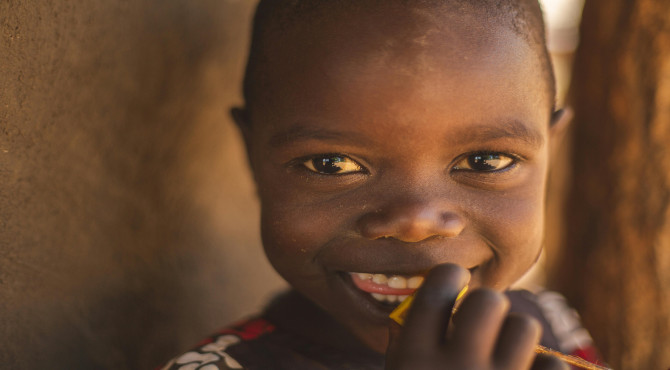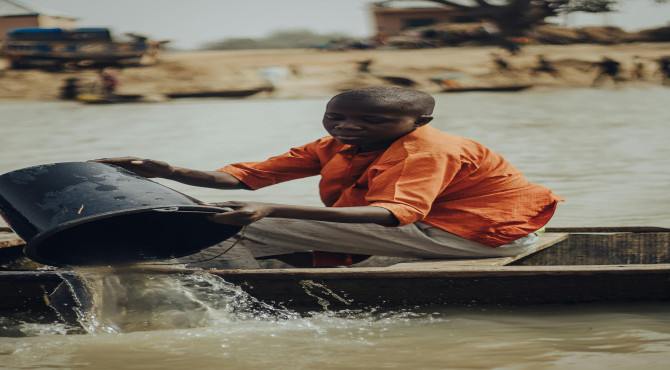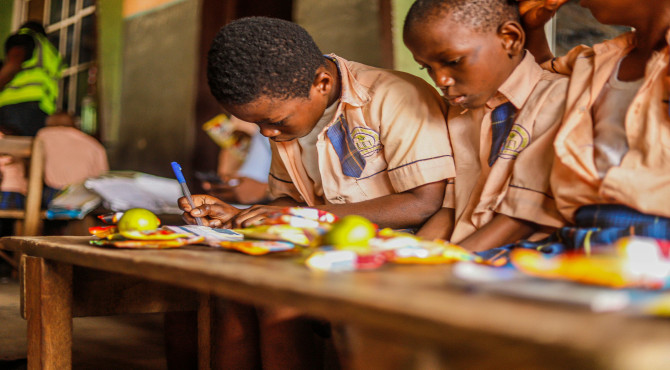The lived experiences of a migrant child.
The journey of a migrant child is one filled with resilience, hardship, and hope. Forced to leave their homes due to conflict, poverty, or natural disasters, migrant children often face unique challenges that shape their childhood and future. Understanding their lived experiences helps us recognize their struggles and provide the support they need to thrive.
1. The Journey to a New Home
For many migrant children, the path to a new country or region is fraught with uncertainty:
Displacement: Leaving behind familiar surroundings, friends, and extended family can be deeply traumatic.
Dangerous Travel: Many migrant families undertake perilous journeys, facing risks such as unsafe transportation, exploitation, or extreme weather conditions.
Separation from Family: In some cases, children travel alone or are separated from loved ones, intensifying feelings of fear and isolation.
2. Adapting to a New Environment
Once they arrive at their destination, migrant children often struggle to adjust:
Language Barriers: Learning a new language can be overwhelming and impede communication with teachers and peers.
Cultural Differences: Adapting to unfamiliar customs and societal norms can lead to feelings of alienation.
Economic Struggles: Many migrant families live in poverty, with limited access to housing, healthcare, and basic necessities.
3. Educational Challenges
Education can be both a lifeline and a hurdle for migrant children:
Interrupted Schooling: Many children experience gaps in their education due to displacement.
Discrimination and Bullying: Migrant children may face prejudice from peers and educators, affecting their self-esteem and academic performance.
Lack of Resources: Schools in host communities may lack the resources to accommodate children who require additional support.
4. Emotional and Psychological Impact
The experiences of migration often take a toll on a child’s mental health:
Trauma: Witnessing violence, losing loved ones, or enduring hardships during migration can lead to post-traumatic stress disorder (PTSD).
Anxiety and Depression: The uncertainty of their future and struggles to fit in often result in heightened anxiety and feelings of sadness.
Identity Conflicts: Migrant children may grapple with balancing their cultural heritage with the need to assimilate into their new environment.
5. Strength and Resilience
Despite these challenges, migrant children often demonstrate remarkable strength:
Adaptability: Many children quickly learn new languages and navigate different cultural landscapes.
Hope and Determination: The pursuit of a better life drives their resilience and optimism.
Supportive Networks: Bonds formed within migrant communities often provide children with a sense of belonging and solidarity.
How We Can Help
To ensure migrant children have the opportunity to thrive, we must take collective action:
Provide Access to Education:
Offer language programs and resources to help children integrate into schools.
Create inclusive curriculums that celebrate diversity and teach empathy.
Address Mental Health Needs:
Provide counseling services tailored to the unique experiences of migrant children.
Train educators and community leaders to recognize and address signs of trauma.
Ensure Basic Needs Are Met:
Advocate for policies that guarantee access to healthcare, housing, and nutritious food.
Support programs that offer job training and employment opportunities for migrant families.
Foster Community Integration:
Create safe spaces where migrant children can express themselves and connect with peers.
Encourage cultural exchange programs that build understanding and acceptance within host communities.
Conclusion
The lived experiences of migrant children are a testament to their resilience and courage. By addressing the barriers they face and celebrating their unique contributions, we can create a world where these children are not defined by their struggles but empowered by their potential. Every child deserves the chance to dream, grow, and succeed, no matter where their journey begins.







